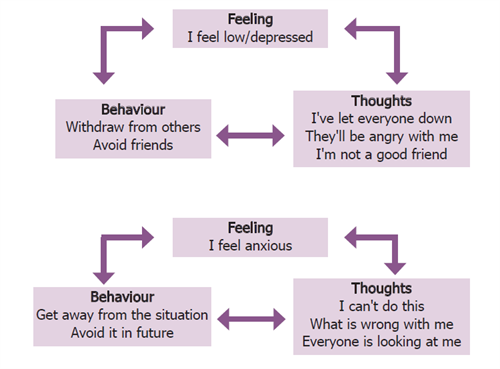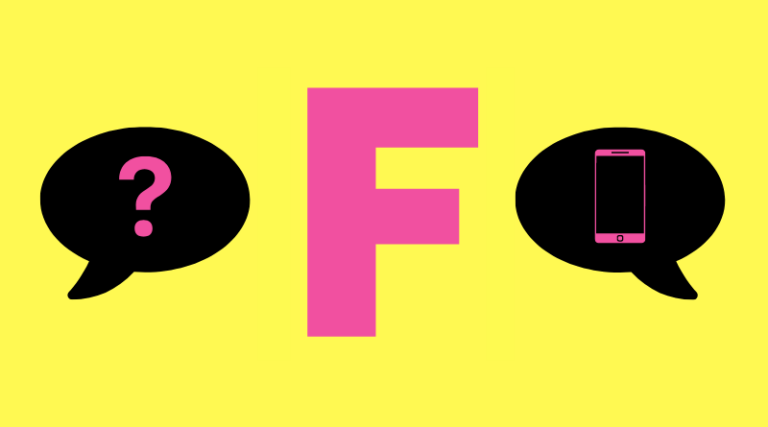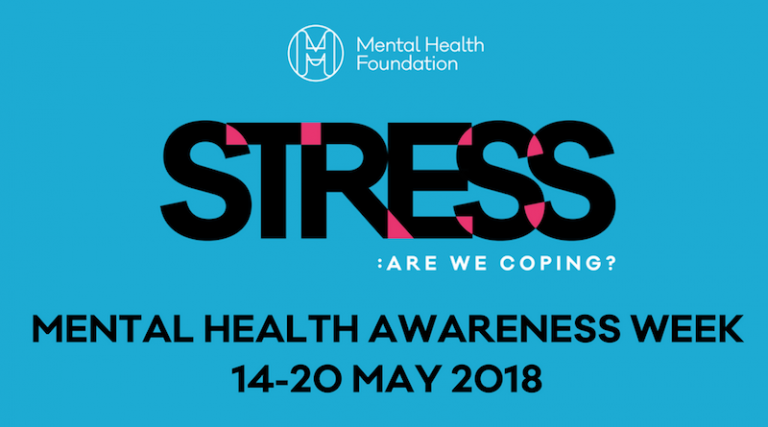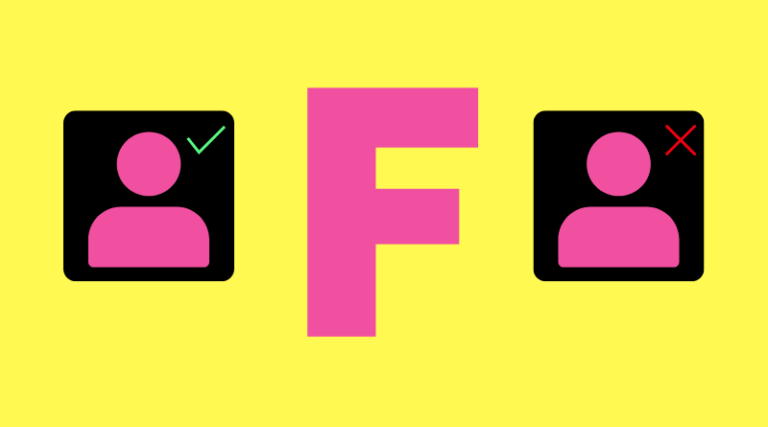What is cognitive behavioural therapy (CBT)?
Cognitive Behavioural Therapy, often referred to as CBT, is the most commonly used form of ‘talking therapy’ to treat a variety of mental illnesses
What is it used for?
CBT is used to treat mental health problems. It is commonly associated with the treatment of anxiety and depression. However, it can also be used to treat a wider range of disorders, including anorexia, obsessive compulsive disorder (OCD), anger issues and more.
How does it work?
CBT is built upon the interaction between your thoughts, beliefs and attitudes. It explores how they affect your feelings and behaviour. By identifying negative patterns, you and your therapist are able to work out successful coping mechanisms for negative behavioural patterns. This enables you to deal with your core problems.

At the heart of CBT are the following principles:
💭 There is always another point of view
💭 Events don’t cause our feelings
💭 We all evolve characteristic ways of seeing the world
💭 It’s a two-way street
💭 We are all scientists at heart
What can I expect?
As with all counselling, CBT is tailored to the individual client’s needs. There will be an initial assessment to identify the problem. This is so the therapist can understand what needs to be treated. The client then sets out goals they would like to achieve through CBT. One of the techniques harnessed is the use of a thought diary, which identifies your ways of thinking when you are dealing with your problem, such as feeling anxious. It makes you aware of the negative beliefs you hold. This then allows you to challenge them.
Where can I get CBT?
If you feel you are suffering from something that CBT could help with, talk to your doctor. If they see fit, they will be able to refer you for therapy.
Alternatively, private psychologists also offer CBT therapy. This can be costly, usually about sixty pounds for a session – but it avoids the long waiting that can come with the government-funded therapy sessions.
Other support
- Blog: Making the case for self-care
- Cognitive behavioural therapy – NHS
- Book: Brilliant Cognitive Behavioural Therapy by Dr Stephen Briers
Read more
Last Reviewed: 21 June 2023
Image Credit:







